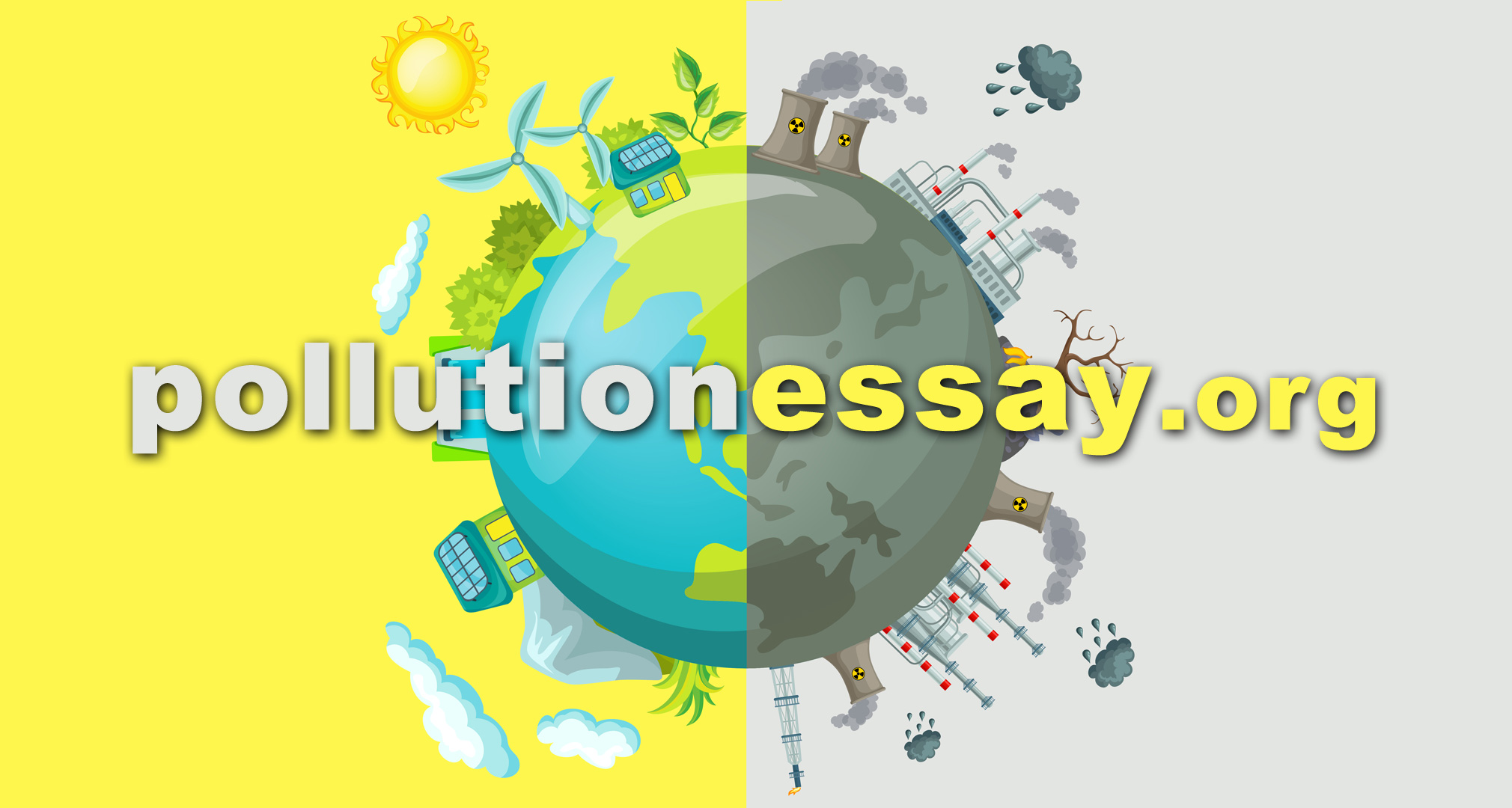Air Pollution
Air pollution is a physical, biological, or chemical form of contamination of the atmosphere. It often occurs due to the release of harmful gasses, smoke, or dust. These potential pollution sources can harm the ozone layer and affect the climate in ways that are harmful to all life on Earth. The ozone layer is a crucial "blanket" in the atmosphere that protects us from solar radiation, and it can be damaged by chemicals like solvents, propellants, and CFCs. Meanwhile, the release of greenhouse gases like carbon dioxide and methane into the air is causing climate change that threatens habitats, causes severe storms and droughts, and raises sea levels.
Common Causes
Since pollutants can't be seen with the naked eye, people may not notice where they're coming from. Pollutants come from a variety of sources, both natural and human-made, but no matter where the pollutants come from, they can cause serious health conditions and other damaging effects.
Some of the most common causes of air pollution are:
- Power Generation: Burning fossil fuels like coal, oil, and gasoline to produce energy is the most common source of air pollution. Since so much energy is needed to power the things we use every day, we're constantly burning fossil fuels, and this emits high levels of carbon dioxide and other pollutants into the air.
- Industrial Emissions: Industrial activities are also a large contributor to pollution. Industries may release byproducts of manufacturing into the air, and they also often use energy sources like coal or wood, which can release nitrogen dioxide, sulfur dioxide, and carbon monoxide particulate matter into the air.
- Indoor Air Pollution: You may not think about it, but using toxic cleaning products, smoking tobacco, using a wood stove or space heater, and having too much humidity in the air can lead to indoor air pollution.
- Wildfires: Fires, either natural or caused by humans, create smoke that pollutes the air.
- Transportation: Gas-powered vehicles emit carbon monoxide, hydrocarbons, nitrogen oxide, and particulate matter.
- Burning Garbage: Burning garbage adds smoke to the air.
- Construction and Demolition: Using heavy equipment in construction burns fossil fuels, and building projects also create dust and may involve chemicals that can contaminate the air.
- Agricultural Activities: Did you know that cow farts are a source of methane gas? It's true, but while this does contribute to air pollution, it's not the biggest agricultural source. That dubious honor goes to pesticides and fertilizers, which release ammonia and a range of other toxic chemicals into the air.
Air Pollution Catastrophes
Air pollution can have drastic effects on people's lives. One of the biggest examples is the Bhopal disaster in Bhopal, India. In December 1984, the Union Carbide India Limited (UCIL) pesticide plant suffered a gas leak. At the time, pesticide sales were going down, so an excess of product was being stored there, and the plant's safety systems were in poor condition. Water got into a tank of liquid methyl isocyanate, setting off a chain reaction that raised the pressure in the tank until it began to leak. Tons of methyl isocyanate were released into the air, along with a host of other chemicals. Thousands of people died from inhaling the toxic fumes: The official death toll was given as 3,787, but it's believed that the actual number of casualties is closer to 20,000.
The biggest and most well-known of all air pollution disasters has been the Chernobyl disaster, the worst nuclear disaster in history. In 1986 in Ukraine, a nuclear power plant melted down, releasing radioactive dust into the air. Only 31 people died in the immediate aftermath, but thousands more were sickened due to radiation exposure.
Natural Disasters
There are so many human-made contributions to air pollution that it's easy to forget that natural disasters like earthquakes, tsunamis, and volcanic eruptions can contribute to air pollution. Smoke from wildfires and ash from volcanoes are the biggest natural contributors.
How You Can Help
With so many big contributors to air pollution, it may seem like anything you do won't make a difference, but every little bit counts, and it's really easy to make small changes to your life to cut down on air pollution. Some of the easiest things you can do to help are:
- Use your car less.
- Use your fireplace and wood stove less or stop using them altogether.
- Don't burn leaves, trash, or other materials; find other, more natural ways to dispose of them.
- Avoid using lawn and garden equipment that is gas-powered.
